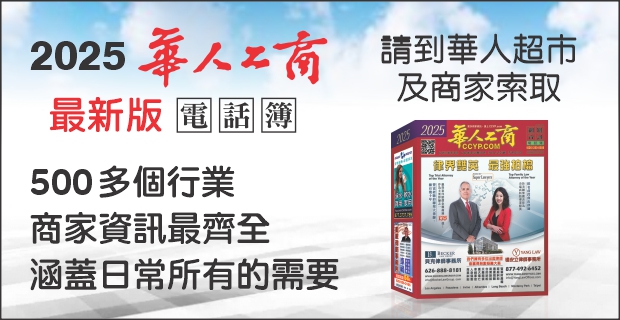ARE LIFE INSURANCE PROCEEDS EXEMPT IN BANKRUPTCY
Let's say that husband and wife filed for Chapter 7 bankruptcy relief to discharge $80,000 of credit card debt. A week after they filed for bankruptcy husband dies. In schedule B of their bankruptcy petition, they list a $100,000 term life insurance insuring the life of husband with wife as beneficiary. The question is who has the right to get the $100,000 life insurance proceeds, the wife or the Chapter 7 trustee? This is an interesting question, isn't it? You have the wife who is mourning the death of her beloved husband who obviously got the insurance so his wife could have $100,000 when he died. And then there is the trustee who wants to get the $100,000 so he can use that to pay their creditors. Is there any justice in this world? I mean, does a debtor literally owe creditors his life insurance proceeds when he dies?
This issue was placed squarely to the test in Bierbach, Trustee v. Walck in Re Ronald and Sharon M. Walck. In this case, the debtor husband died six days after he and his wife filed for Chapter 7 relief. At the 341a meeting of creditors, the wife testified that she was entitled to receive a $100,000 life insurance benefit on her husband's life. The trustee told her that the $100,000 should be paid into the bankruptcy estate subject to any appropriate exemptions. The applicable exemption is Section 522 (d)(11)(C) which exempts "a payment under a life insurance contract that insured the life of an individual of whom the debtor was a dependent on the date of such individual's death, to the extent reasonable necessary for the support of the debtor any dependent of the debtor;". We already know what the trustee is going to say, right? He is going to argue that Mrs. Walck does not need the $100,000 for her support to challenge her claim of exemption. What a Grinch. No relation to Newt.
Mrs. Walck paid $80,000 to the trustee, which exceeded the total claims of $58,824 listed in her schedules. Creditors were notified that they had until December 2, 2009, to file claims. On February 25, 2010, the debtor filed amended schedule C to claim the entire amount of the insurance proceeds as exempt pursuant to Section 522(d)(11)(C). On March 1, 2010, the U.S. Trustee indicated that it had reviewed the trustee's final report and had no objections, which triggered the notification of creditors that their claims would be paid in full. What happens to the difference between $58,824 and $80,000? The trustee gets paid for his time spent administering the case, and the trustee's lawyer gets paid from the difference. If there is any money left, it is given to Mrs. Walck. She would probably get $1 after all is said and done. But Mr. Walck was in heaven and talking to Jesus to help his wife out. On March 9, the trustee objected to the amendment, arguing that it came too late because creditors had been notified that they would be paid in full. "Amendments under Rule 1009 are permitted before case closure unless there is evidence of bad faith by the debtor or if creditors will suffer prejudice," the court said. Although the timing in the case was unfortunate, the court said the issuance of the notice to creditors was insufficient to establish bad faith. In addition, the creditors' unmet expectations of being paid in full did not amount to prejudice. The trustee also argued that the insurance proceeds were not reasonably necessary for the debtor's support, which we expected.
But the debtor was 67 years old, and worked as a housekeeper. Her monthly income was $50 less than her expenses. She planned to retire in 3 years, at which time her monthly income would decrease by about $1,100. Given the anticipated reduction in her income, the court found that the insurance proceeds were necessary for her support. But what if the insurance proceeds was $200,000; would the judgment be the same, probably.
Lawrence Bautista Yang is a graduate of Georgetown University Law Center and has been in law practice for thirty years. He specializes in bankruptcy, business and civil litigation and has handled more than five thousand successful bankruptcy cases in California. He speaks Mandarin and Fujien and looks forward to discussing your case with you personally. Please call (626) 284-1142 for an appointment at 1000 S Fremont Ave Bldg A-1 Suite 1125 Unit 58 Alhambra, CA 91803.
图片翻摄自网路,版权归原作者所有。如有侵权请联系我们,我们将及时处理。
 點評
點評 微信
微信 微博
微博








